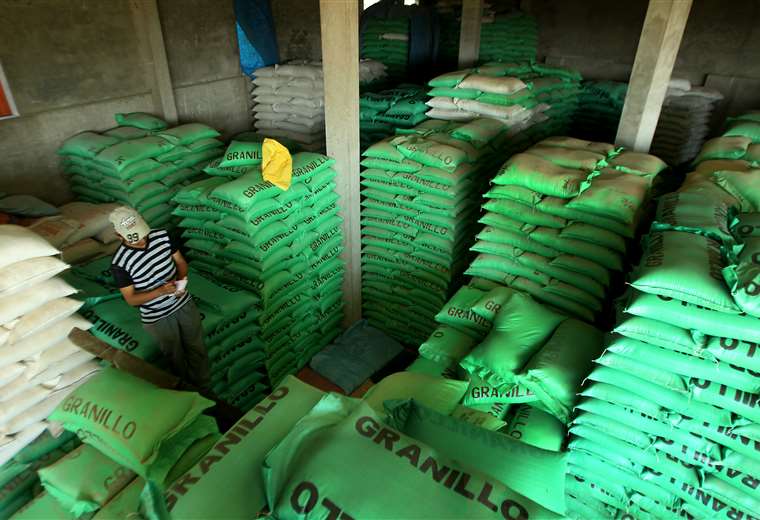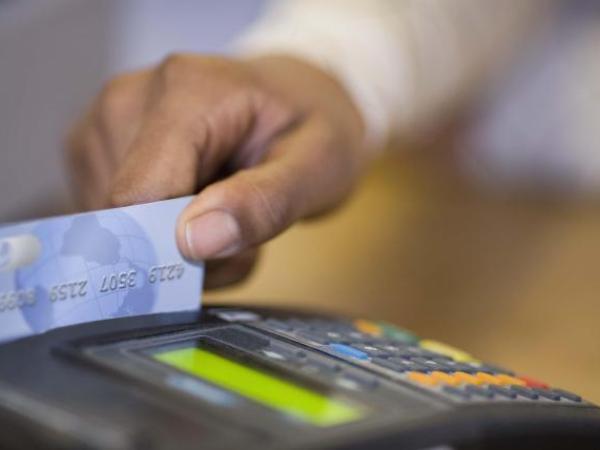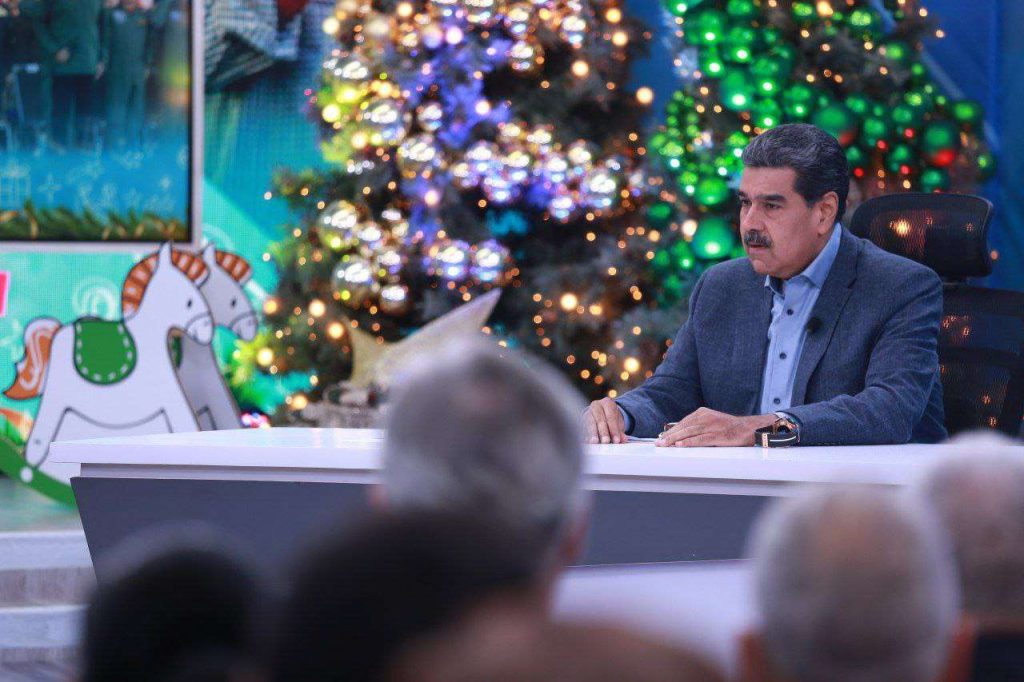December 3, 2024, 4:00 AM
December 3, 2024, 4:00 AM
In a cIn the context of economic uncertainty, where the supply and price of some foods have erratic behavior, the General State Budget (PGE 2025), in its Additional Provisions provides for control and confiscation of “food marketing actors who increase food prices.”
More precisely, in article 7, point I, the draft of the Financial Law of the next administration establishes that “with the purpose of guaranteeing the availability and supply of essential foods, entities are empowered competent authorities, activate control, inspection and confiscation actions of productsto food marketing actors, who store or retain and attempt to increase food prices.”
In point II of the same decree it is stated that “every actor in the essential food production chain, must declare production, transformation and marketing information, which will have the quality of a sworn statement and will be treated under the principle of confidentiality, in accordance with the regulations approved by the Biministerial Resolution issued by the ministries of Rural Development and Lands and of Productive Development and Plural Economy.
In this regard, the economic analyst, Germán Molina, considers it an abuse to want to control the production chain and requiring written reports on the production and processing of food.
“It is the first time that this attempt to control private activity by demanding production reports has been seen. I believe that the path is not confiscation, but rather generating certainty encouraging investments that allow greater food production,” Molina observed.
On the subject, the economist, Gonzalo Chávez, considers that in the PGE 2025, “We find a true ode to state intervention, worthy of appearing in the annals of centralized planning of the glorious and remembered Soviet Union.. With a financial choreography reminiscent of a Russian ballet (elegant, but full of unexpected turns), the Government throws itself into the ring with a strategy that prioritizes public investment as an engine of development, under the tacit principle of sharing and parting, “He gets the best part,” said Chávez ironically.
In turn, from the Vice Ministry of Defense of User and Consumer Rights, they indicated that the provision of the PGE 2025 bill, have articles “that seek to end the profiteering and speculation of products in the family basket.”
Jorge Silva, Vice Minister of Defense of User and Consumer Rights, stressed that the aforementioned provision allows “that State institutions, whether they are called mayors, whether they are called institutions at the departmental or national level, can control and supervise this productive chain that is focused on profit and speculation”.
For Silva, with this provision all levels of State government will have legal support to carry out control operations and products that are confiscated will be sold at a fair price.
“Every time they come out with a higher price, right? And they tell you, no, this is the last thing there will be, next month there will be nothing, there will be no rice, so they are thinking about importing. You go next month and you have more rice and with another higher price and they tell you, no, no, no, this ends in November and so now buy this price because in December it will go up or in January it will go up,” Silva said.
Rejection of the bill
The National Chamber of Industries (CNI) expressed “its concern and alarm”due to the provision that the PGE 2025 has on the confiscation and/or confiscation of products from companies. They ask for its elimination.
“The industrialists, categorically, request to President Luis Arce Catacora to eliminate the aforementioned provision, to avoid a climate of total legal uncertainty for private initiative,” reads the CNI document.
For industrialists, the seventh additional provision of the PGE 2025 will become a discretionary, arbitrary, repressive and extortionate instrument because it would empower “competent” public entities to activate control, inspection, confiscation and/or confiscation actions of products from legally established industries.
For the Eastern Agricultural Chamber (CAO) production and supply of products is not a function of threatsrestrictions and interventions.
“On the contrary, reality shows us that These intimidations generate greater insecurity and discouragement in the producer, Furthermore, the production results of any activity are disastrous,” the CAO stated.
Other observations to the PGE
According to Molina, the provisions found in the draft Financial Law “They do nothing other than try to reduce the dependence of the Legislative Assembly on the approval of external credits. The Executive seeks to have greater independence to raise dollars,” said the economist.
This need for resources from abroad is appreciated in article 13 of the Specific Provisions where the Ministry of Economy and Public Finance is authorized to carry out public debt operations “in external capital markets for an amount of up to $us 1,000 million.”
Molina specified that another source of external income is the US$ 400 million that is authorized, in article 15, to the Ministry of Economy and Public Finance to contract from the Andean Development Corporation (CAF), “for the national emergency or disaster.”
In this debt scenario, Molina notes that in article 19 of the Specific Provisions, the Central Bank of Bolivia (BCB) is authorized, “put the gold reserves as collateral without displacement, to support said operations (public debt).”
It is the Additional Provisions, sixth point two, It is determined that the BCB may go into debt, to strengthen the International Reserves, by “authorizing the BCB to contract credits and resort to any other type of financing source (…) whether public or private, or with international organizations, without compromising the resources of the General Treasury of the Nation, and may constitute financial collateral with the Reserves International”.
Likewise, it is noted that The issuing entity may issue, place and carry out operations with securities “value in international markets with public or private sector investors.”















